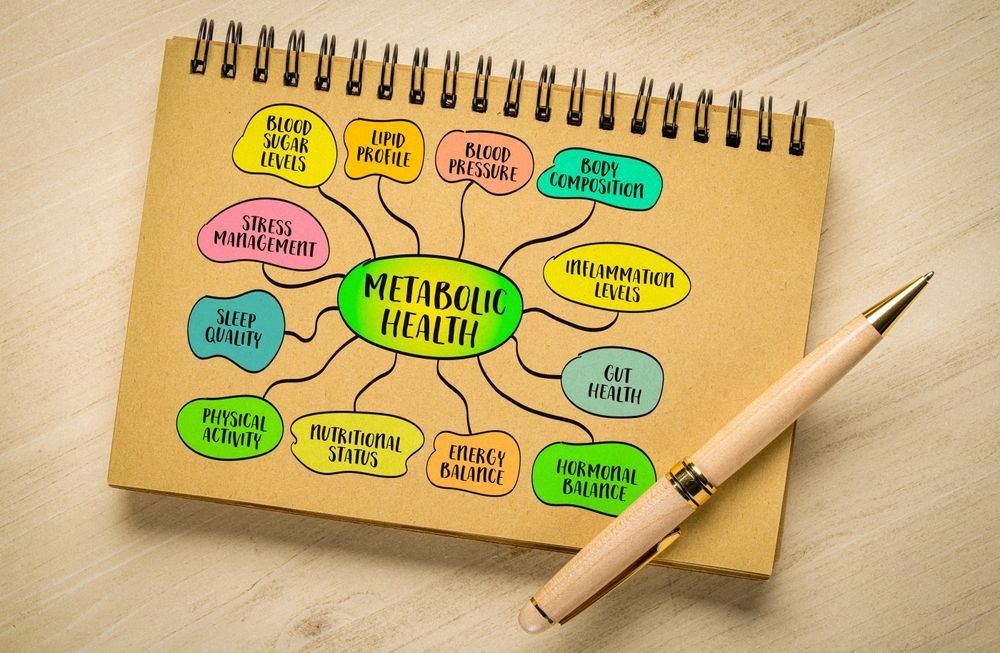Can IV Therapy Help with Muscle Soreness and Fatigue?

Understanding IV Therapy
What is IV Therapy?
Intravenous (IV) therapy is a medical technique that involves delivering fluids, vitamins, and medications directly into the bloodstream through a vein. This method allows for quick absorption of nutrients, which can be beneficial for individuals experiencing dehydration, nutritional deficiencies, or specific health concerns. The use of IV therapy has gained popularity beyond hospitals, with many wellness centers offering it as a treatment for various conditions, including muscle soreness and fatigue. Additionally, athletes often turn to IV therapy for rapid rehydration and recovery after intense training sessions or competitions, as it can help replenish lost fluids and electrolytes more efficiently than oral methods.
How Does IV Therapy Work?
The process of IV therapy typically begins with the insertion of a small catheter into a vein, usually located in the arm. Through this catheter, a specially formulated solution containing hydration, electrolytes, and other essential nutrients is administered. The key advantage of this delivery method is that it bypasses the digestive system, allowing for immediate entry into the bloodstream, which can enhance the efficacy of the nutrients provided. This direct delivery system is particularly advantageous for patients who may have difficulty swallowing pills or for those with gastrointestinal issues that impair nutrient absorption.
IV therapy can be customized based on individual health needs, offering a variety of formulations that can include vitamins like B12, antioxidants, and amino acids. Each session generally lasts between 30 minutes to two hours, depending on the treatment plan prescribed. Furthermore, the flexibility of IV therapy allows practitioners to tailor the infusion to address specific health goals, whether it's boosting energy levels, enhancing immune function, or supporting skin health. Many patients report feeling an immediate sense of well-being following their treatment, often attributing it to the rapid replenishment of essential nutrients and hydration.
The Connection Between IV Therapy and Muscle Health
The Role of Hydration in Muscle Recovery
Hydration is crucial for overall health, but it plays an especially vital role in muscle recovery. When muscles are dehydrated, they can become stiff and more prone to soreness. Adequate hydration helps maintain muscle elasticity, supports metabolic processes, and reduces the risk of injury during physical activity.
IV therapy can significantly enhance hydration levels, enabling faster recovery from intense workouts. By replenishing fluids and electrolytes swiftly, IV therapy can help ensure that muscles remain well-hydrated, aiding in reducing post-exercise soreness.
Nutrients Delivered by IV Therapy for Muscle Health
In addition to hydration, IV therapy can deliver essential nutrients that support muscle health. Some common nutrients found in these intravenous solutions include:
- Amino Acids: The building blocks of protein, amino acids are crucial for muscle repair and growth.
- Vitamins: B-complex vitamins, particularly B1, B6, and B12, are essential for energy production and metabolic function.
- Magnesium: This mineral aids in muscle contraction and relaxation, helping prevent cramps and spasms.
- Antioxidants: Nutrients like Vitamin C can help combat oxidative stress caused by intense exercise.
The combination of hydration and nutrient delivery offered by IV therapy makes it an appealing option for athletes and individuals engaged in regular physical activity, seeking to optimize their recovery process.
IV Therapy for Muscle Soreness
How IV Therapy Can Alleviate Muscle Soreness
Muscle soreness is a common complaint, especially after rigorous workouts or physical exertion. IV therapy can alleviate muscle soreness by accelerating recovery processes. By providing rapid hydration and essential nutrients, IV therapy helps to decrease inflammation and promote muscle healing.
Furthermore, by reducing the recovery time, individuals may find themselves returning to their exercise routines faster and with less discomfort, enabling them to stay consistent with their fitness goals.
The Science Behind IV Therapy and Muscle Soreness
Research indicates that certain types of intravenous infusions can contribute to reduced muscle soreness. The infusion of electrolytes, amino acids, and anti-inflammatory substances can help mitigate the inflammatory response often triggered by exercise-induced muscle damage.
Studies suggest that hydration and the strategic replenishment of minerals can significantly impact recovery and alleviate soreness. Therefore, for those battling muscle soreness after workouts, IV therapy presents a scientifically grounded option for recovery support.
IV Therapy for Fatigue
Addressing Fatigue with IV Therapy
Fatigue can stem from various sources, including physical exertion, stress, poor nutrition, and insufficient sleep. IV therapy can provide a multifaceted approach to combat fatigue by addressing hydration levels and nutrient deficiencies.
For instance, an infusion rich in B vitamins may enhance energy metabolism, while antioxidants can help to reduce feelings of exhaustion by combating oxidative stress. Therefore, individuals experiencing fatigue may benefit from considering IV therapy as part of their treatment plan.
The Impact of IV Therapy on Energy Levels
Many individuals report increased energy levels following IV therapy sessions. This boost can be attributed to the immediate availability of nutrients and hydration that IV therapy provides. Unlike oral supplements—which may take time to absorb and metabolize—IV therapy delivers the nutrients directly to the bloodstream, leading to quicker improvements in energy levels.
Moreover, frequent users of IV therapy cite improvements in overall wellness, clarity, and vitality, suggesting that beyond physical fatigue, IV therapy may positively impact mental and emotional health as well.
Potential Risks and Side Effects of IV Therapy
Common Side Effects of IV Therapy
While IV therapy is generally considered safe, it is not without its risks. Some common side effects can include:
- Infection: Introducing a catheter can lead to infections if proper sterile techniques are not followed.
- Vein irritation: Some individuals may experience discomfort or irritation at the injection site.
- Allergic reactions: Although rare, some people may have allergic reactions to specific nutrients included in the IV solution.
It’s essential for individuals to discuss potential side effects with their healthcare provider before initiating IV therapy to ensure proper monitoring and management.
Considerations Before Starting IV Therapy
Before embarking on IV therapy, it's vital to consider various factors such as medical history, current medications, and specific health conditions. Consulting with a healthcare professional will ensure that IV therapy is a suitable and safe option for muscle soreness and fatigue management.
Additionally, understanding the costs involved and ensuring that treatments are conducted in a licensed facility can further mitigate potential risks associated with IV therapy.
In conclusion, IV therapy offers a promising avenue for individuals seeking relief from muscle soreness and fatigue. By delivering hydration and nutrients directly into the bloodstream, it may enhance recovery and promote overall wellness. However, careful consideration and professional guidance are pivotal in ensuring a safe and effective experience.










